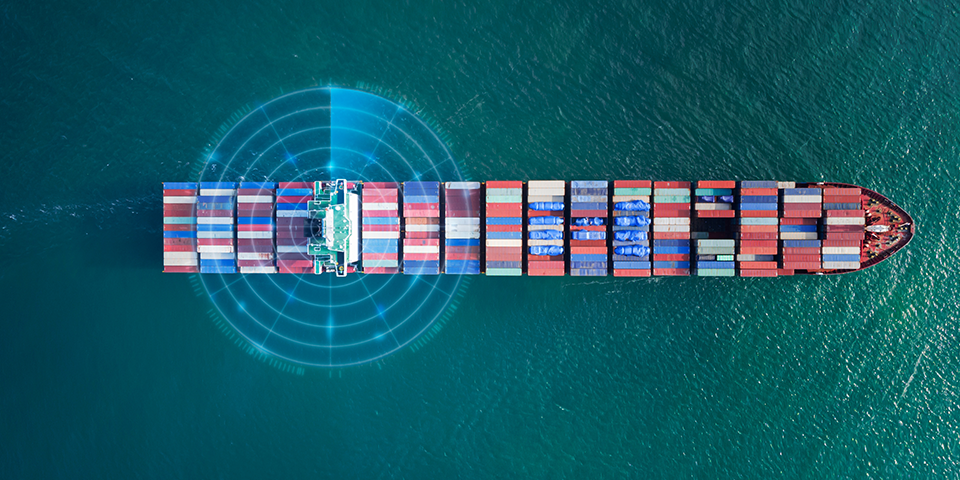“So far we have equipped the first managed ships with Wi-Fi anywhere on board and carried out the first remote maintenance tests,” Ioannou continues. On one of these ships, a chemical tanker, a remote class survey has been successfully conducted. The vessel’s Technical Superintendent, Charalambos Georgiou, supervised the remote survey and explains the advantages for the client: “We saved the owner around USD 30,000. Such a particular survey through conventional processes usually results in three days off hire for port stay and surveyor’s travel costs for accommodation and flights.” Ioannou adds: “Not to mention the emissions saved, in this case a total of 475 kg carbon dioxide. With hundreds or even thousands of vessel surveys every year, it adds up.”
A remote upper deck inspection was carried out on a bulk carrier. These test results are also promising. Technical Superintendent Mriganka Bhar summarises: “The system is very useful and simple to use. It is like an app allowing live streaming from anywhere on the ship.” Wi-Fi coverage may need to be adjusted depending on the conditions on board. The more complicated the structure, such as on container ships, the more transmission can be restricted, which conversely requires additional access points to include dead zones on the ship if necessary.








